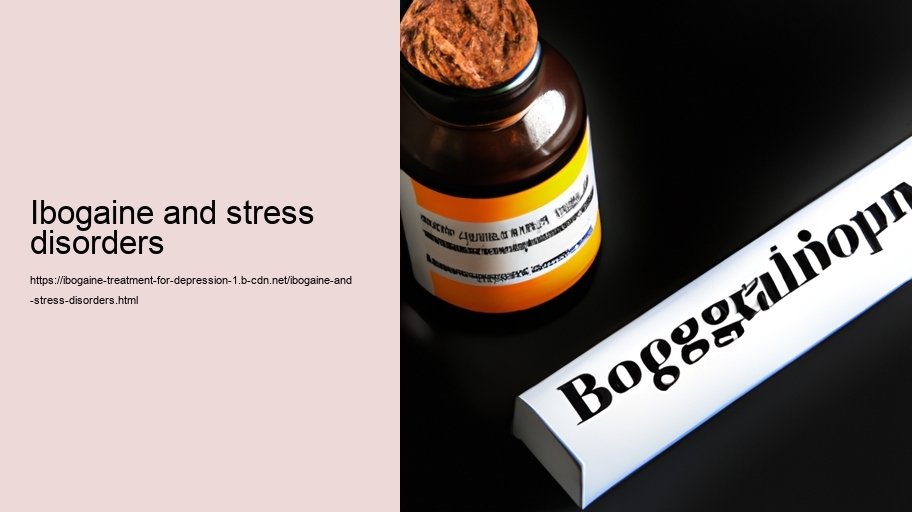Title: Ibogaine: A Potential Ally in the Battle Against Stress Disorders
Introduction
In the quest to find effective treatments for stress disorders, which include a range of conditions such as post-traumatic stress disorder (PTSD), generalized anxiety disorder (GAD), and chronic daily stress, researchers have explored numerous therapeutic avenues. One of the most intriguing substances that has emerged is ibogaine, a psychoactive alkaloid derived from the root bark of the African shrub Tabernanthe iboga. This essay delves into what ibogaine is, its historical use, how it might help individuals with stress disorders, and the current research landscape surrounding its potential therapeutic applications.
Historical Context and Traditional Use
Ibogaine has been used for centuries by indigenous peoples in West Central Africa for ritualistic and medicinal purposes within the Bwiti spiritual tradition. It has been revered for its ability to induce profound psychological introspection and spiritual experiences, which are considered healing and transformative. Only in recent decades has Western medicine turned its gaze towards this substance as a possible treatment modality for various neuropsychiatric conditions.
The Link between Ibogaine and Stress Disorders
Stress disorders are often marked by alterations in brain chemistry and circuitry, particularly involving neurotransmitters like serotonin, dopamine, and glutamate. These changes can lead to symptoms such as hyperarousal, intrusive thoughts, avoidance behaviors, mood disturbances, and cognitive impairments. Current treatments typically involve psychotherapy or pharmacotherapy; however, not all patients respond favorably to these interventions.
Ibogaine's Mechanism of Action
Preclinical studies suggest that ibogine interacts with multiple neurotransmitter systems simultaneously - it acts upon opioid receptors while also influencing serotonin transporters. This combined action may contribute to its reported effects on mood stabilization and craving reduction. Notably though, ibogain's metabolite noribogaine seems to play a crucial role in sustaining these therapeutic benefits over time.
Research Findings on Ibogaine's Effects on Stress Disorders
Although there is a paucity of large-scale clinical trials due to regulatory restrictions associated with classified psychedelic substances like ibogaie , several small studies have shown promise:
1) Case reports indicate reductions in PTSD symptoms following ibogaie treatment.
2) Neurophysiological evidence suggests that it can promote neurogenesis within structures linked to emotion regulation.
3) Anecdotal accounts describe improvements in subjective well-being among those suffering from chronic stress after undergoing sessions guided by medical professionals experienced with psychedelics therapy .
Challenges Facing Research
Despite emerging evidence pointing towards potential benefits , significant hurdles remain before we fully understand how best employ this tool clinically . First foremost amongst these challenges lie legal barriers ; currently classified as Schedule I drug United States many other countries around world meaning deemed no accepted value high abuse liability . Additionally scientific investigation hindered lack funding given controversial nature subject matter compounded complexity designing studies involving psychotropic agents where placebo control difficult implement ethically justify .
Conclusion
In conclusion while tantalizing glimpses efficacy exist further rigorous examination necessary ascertain safety profiles dosing regimens long-term outcomes associated administering this unique compound individuals grappling with debilitating effects of prolonged exposure life's adversities . Whether or not will emerge mainstream option remains be seen but continues fascinate both healers seekers alike possibility offering relief where traditional modalities fallen short thus far .
